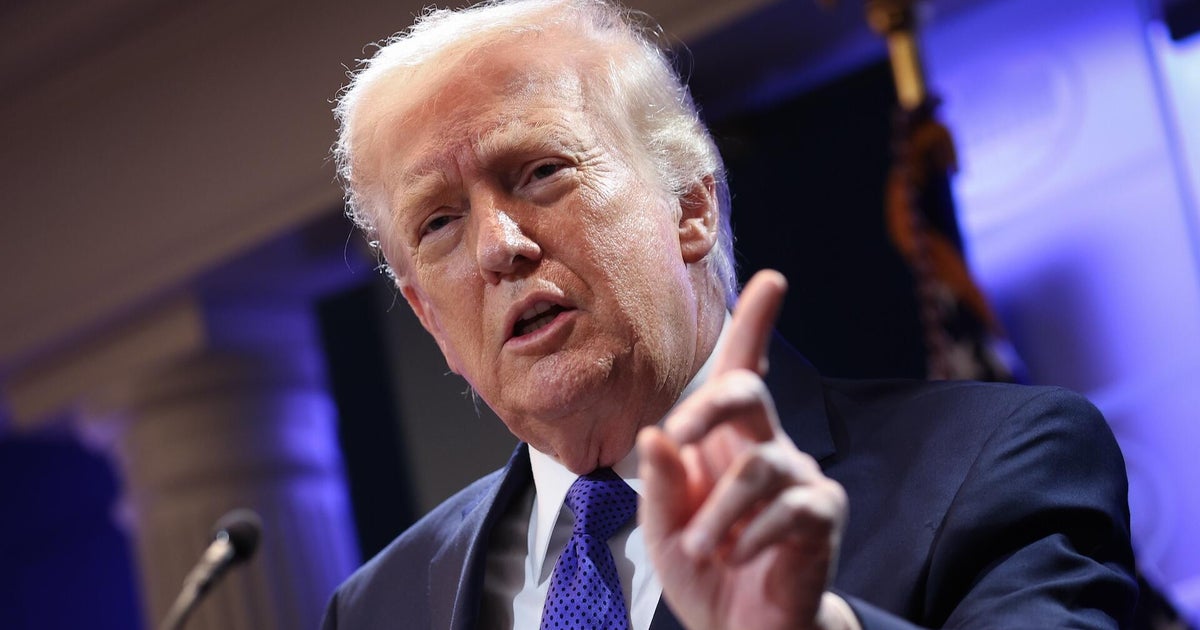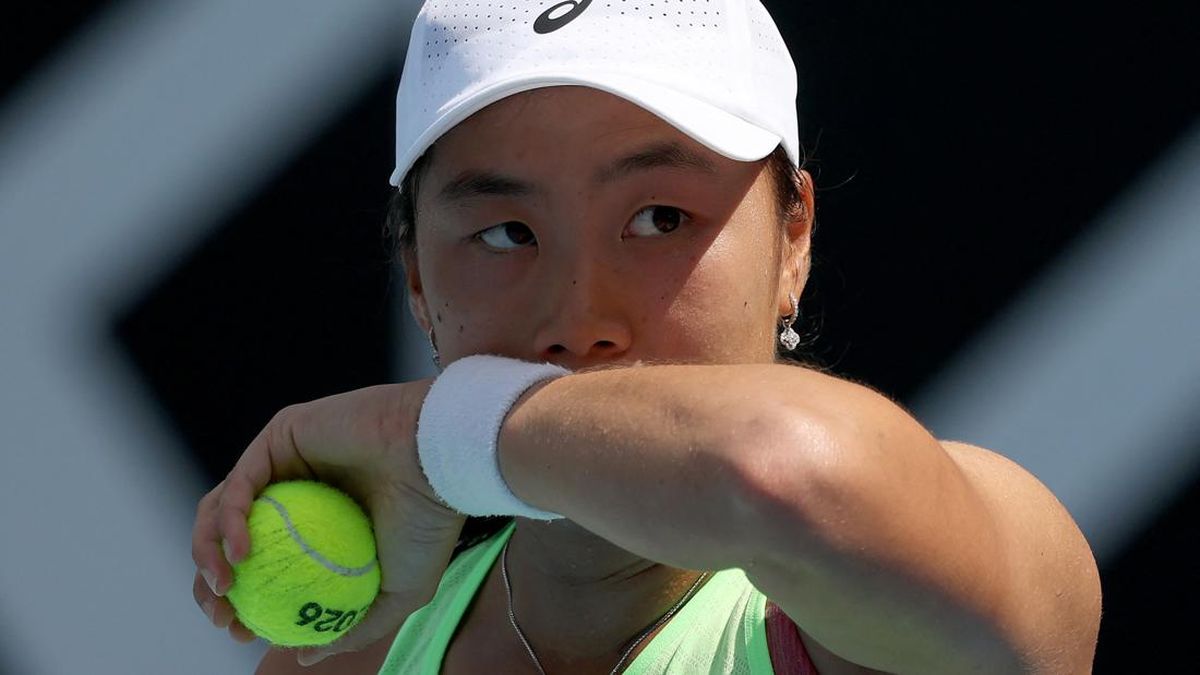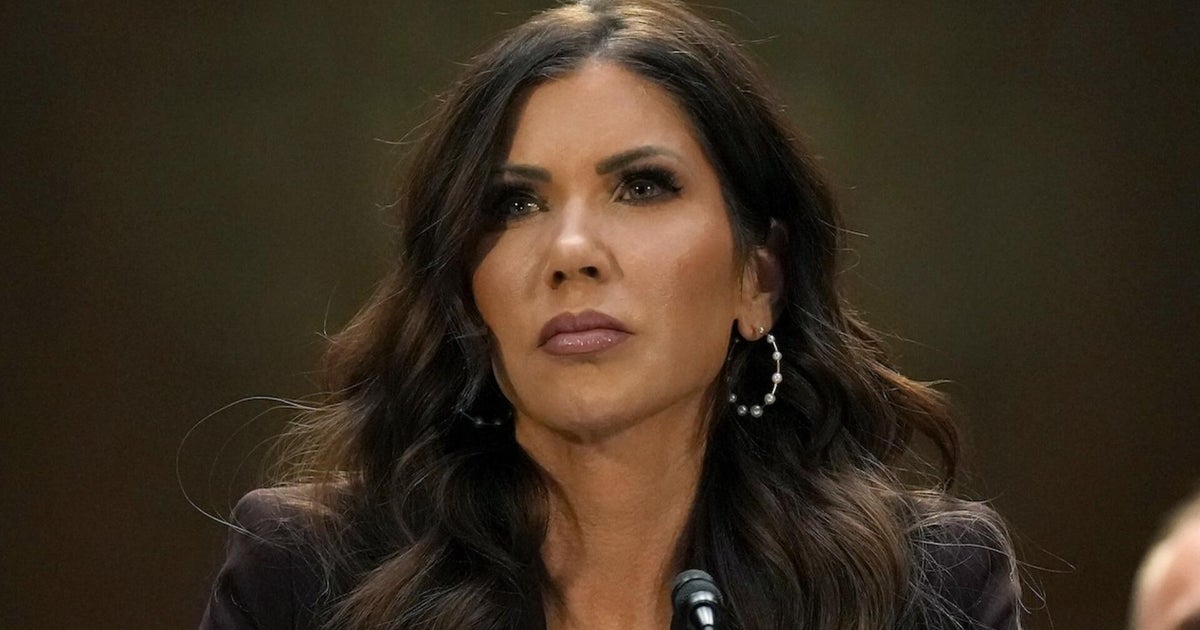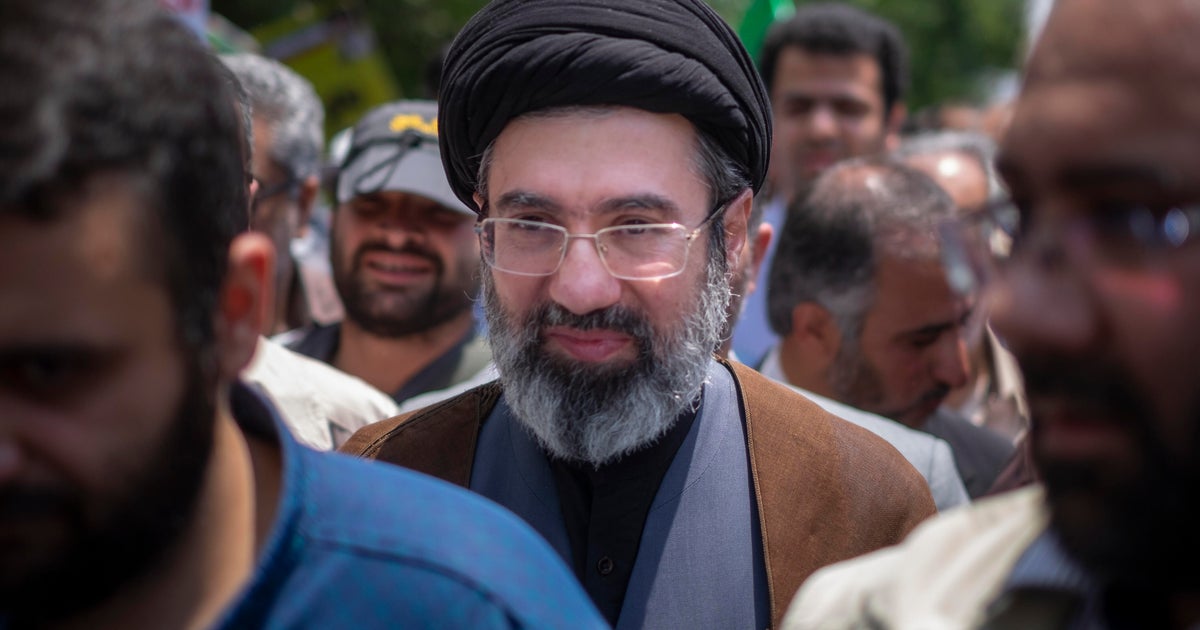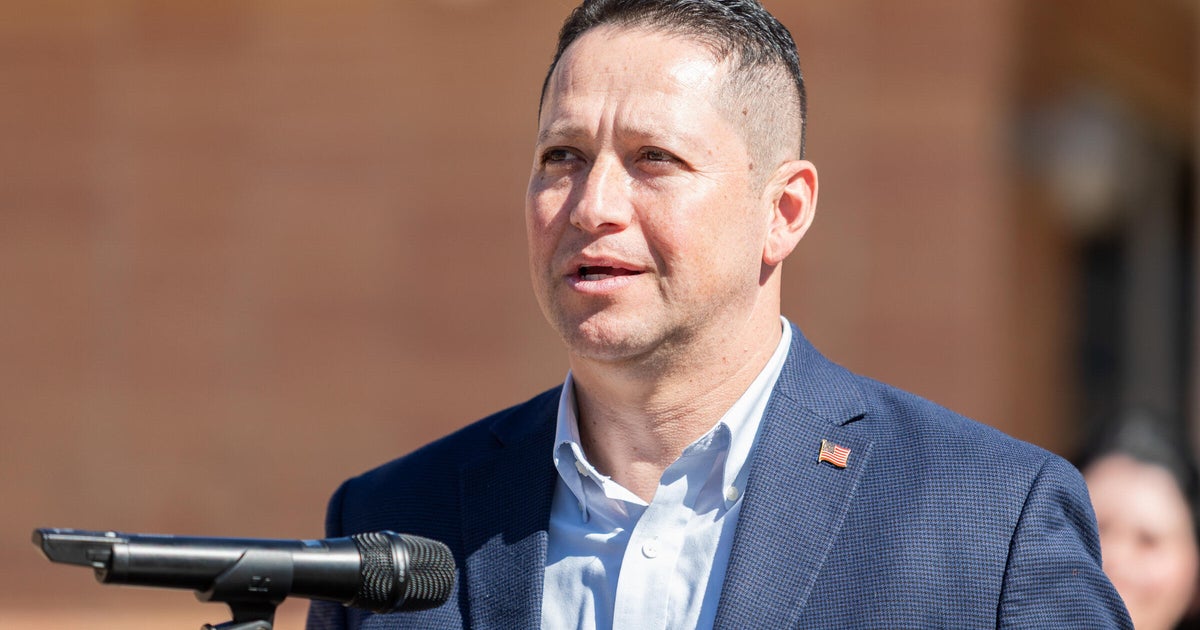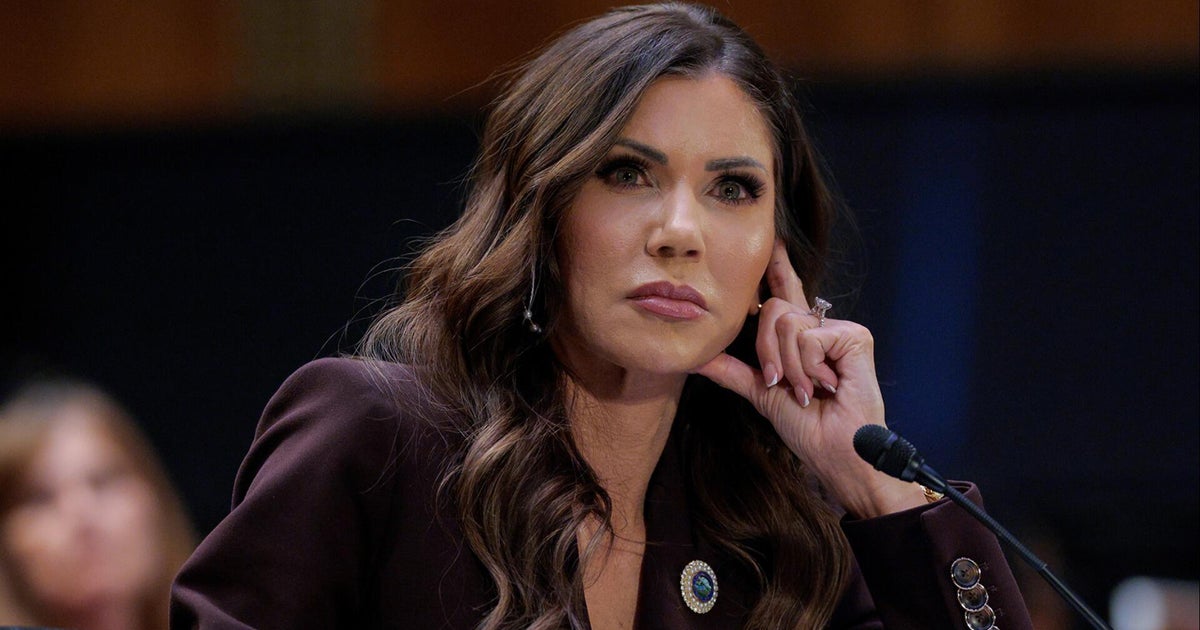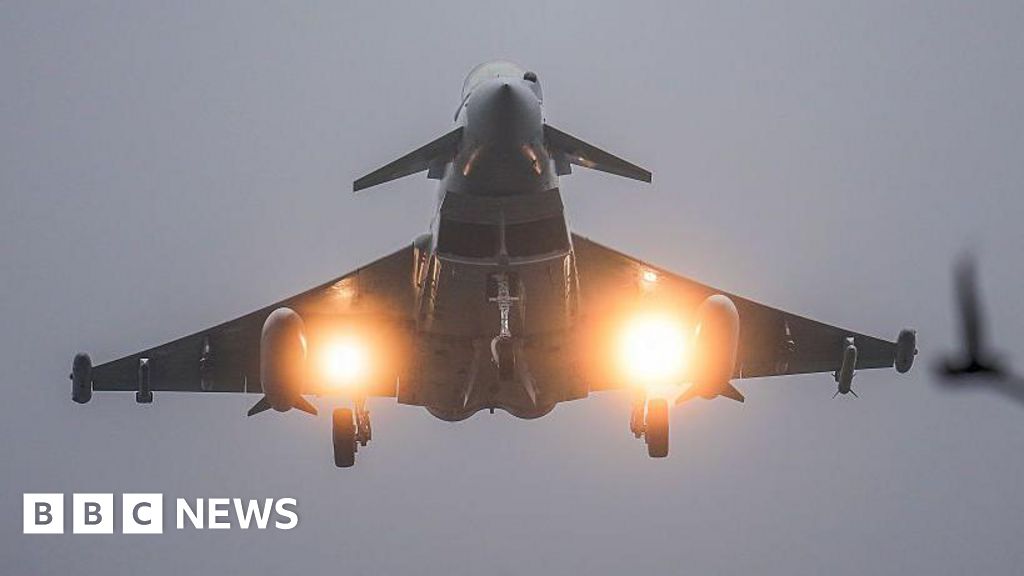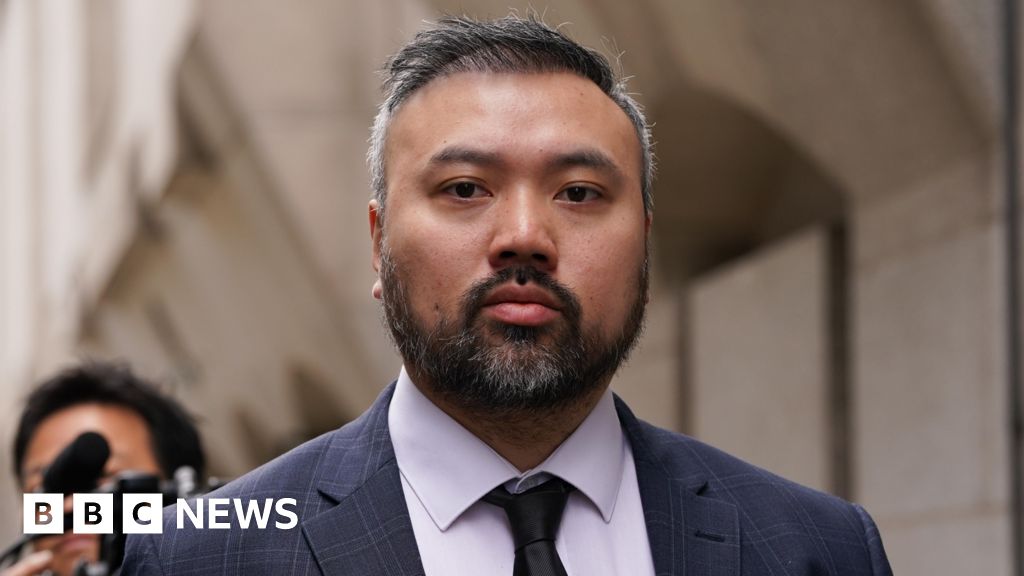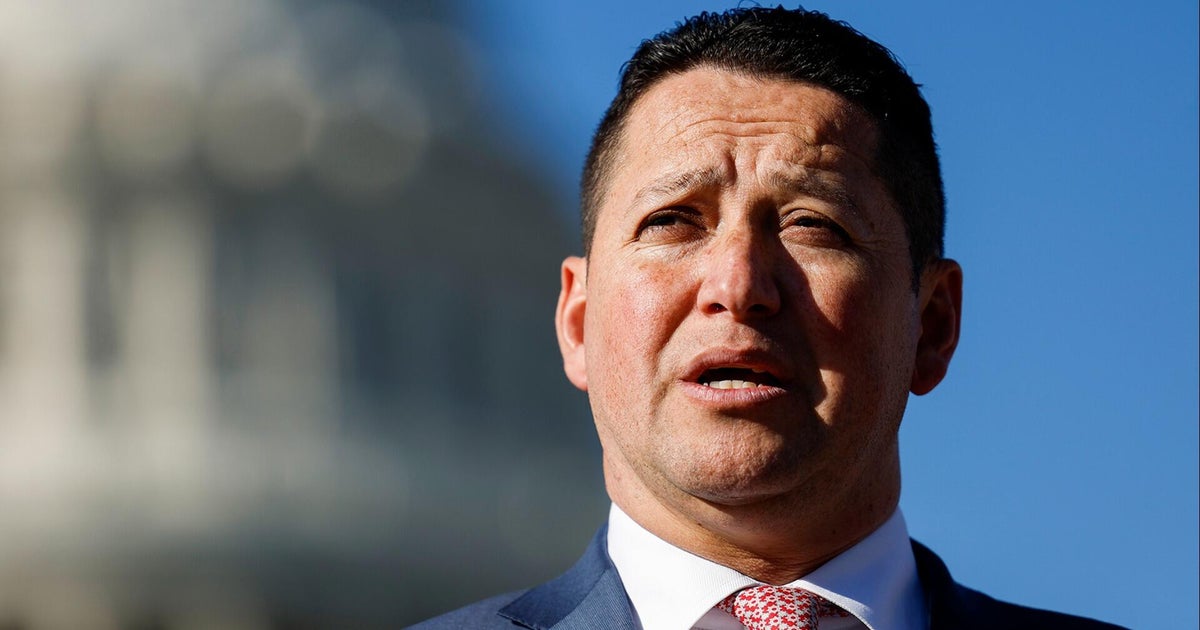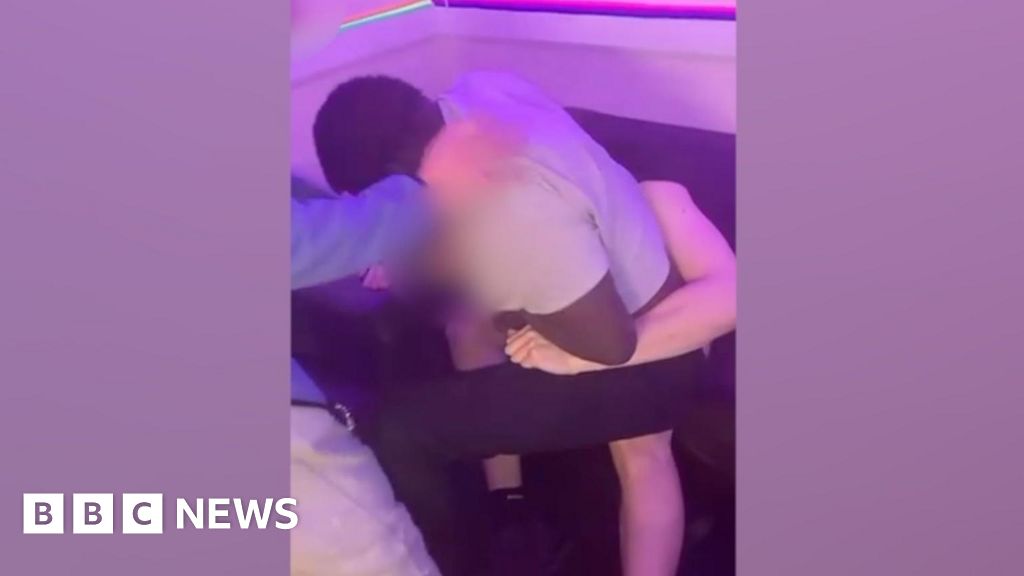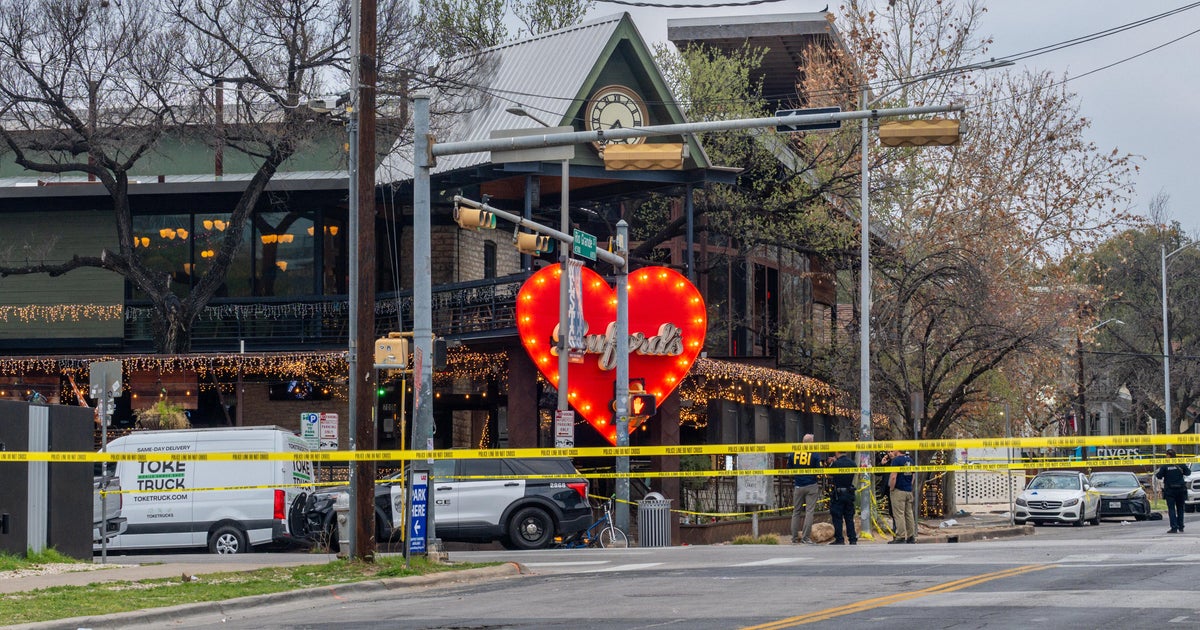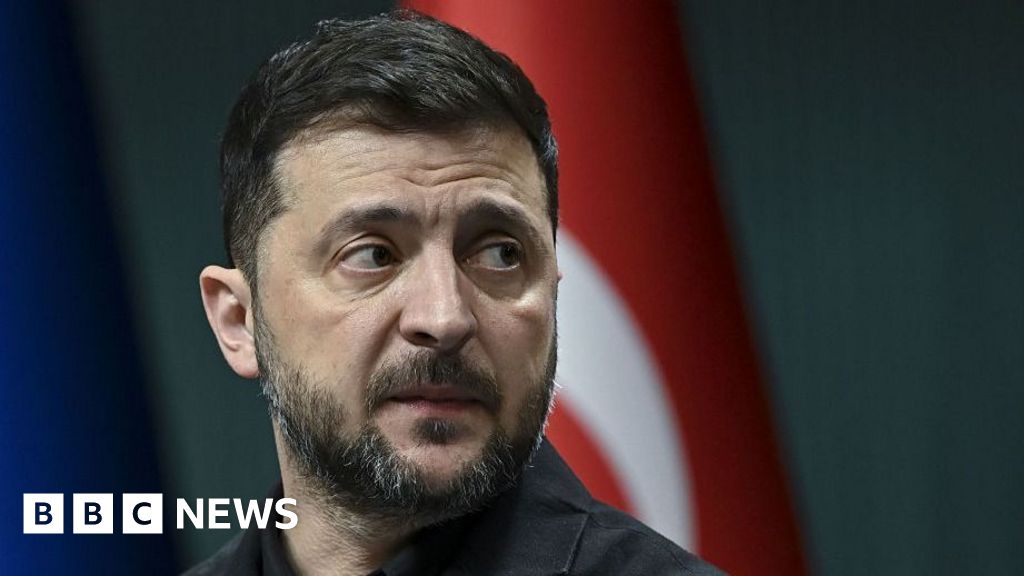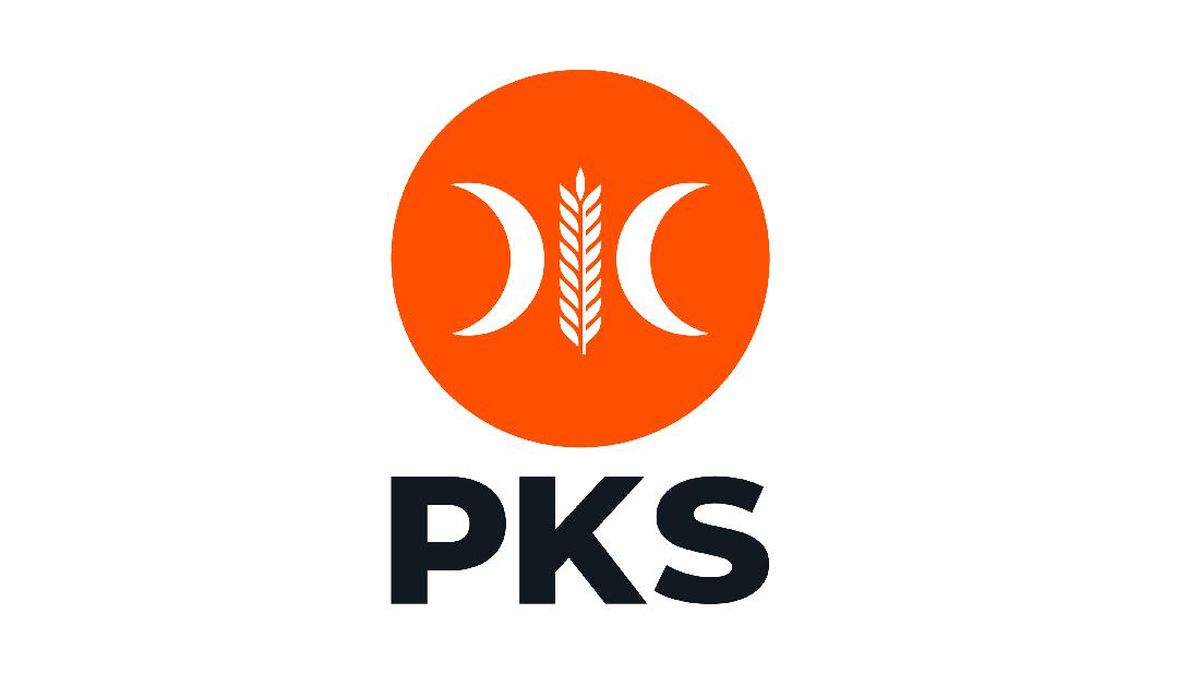Secondary schools keen to advantage their students have already started classes for the next academic school year.
It’s what some schools call term 1a, or early commencement period (ECP). Most high schools have a two-week transition for the Victorian Certificate of Education (VCE), but some private schools are extending it to four or five weeks, believing it helps their students stay engaged.

Coco Pearce, who has started ECP this week, with tutor Ben Long at Avivo Elite Tutoring in Ivanhoe.Credit: Luis Enrique Ascui
Year 9 Ivanhoe Grammar student Coco Pearce said that while most of her friends at other schools had effectively finished for the year, after a week of transitioning classes, she was about to start the first topics in her 2026 year 10 curriculum.
“I like it. I get to have a feel of what it’s like before other people,” she said.
The 14-year-old expects she will have an assignment before the end of this year for 2026, but it won’t count for much of her grade.
Haileybury deputy principal Nick Grigsby said the school’s VCE students were due to begin 2026 classes on Monday.
“We have about four weeks or so where we begin the new calendar year in this academic year,” he said.
Grigsby said many of the school’s students also studied through the summer holidays. The school offers an online summer program in which students can do short courses to support their studies.
Grigsby said that while there was merit in spending time in nature and having downtime, many children craved structure and organisation.
Sonia Francis, of Avivo Elite Tutoring, said she was juggling many inquiries for tutoring as students began their early commencement period, for International Baccalaureate and VCE, this week.
She said it was mostly selective and private schools that had a longer early commencement period, but not all of them.
“If their school isn’t doing ECP, we start saying, ‘All right, let’s revise, let’s look at your subjects,’” she said.
Avivo also offers a “head start” program the week before school starts, including one-on-one sessions for students to get on top of any homework they missed over school holidays, or just to get ahead.

Michael Poulos, who has started ECP this week, with tutor Samantha Gong at Avivo Elite Tutoring.Credit: Luis Enrique Ascui
Sandy Abey, of MCET tutoring, meanwhile, offers a summer “enrichment program” in chemistry and maths, with once-a-week classes for five weeks over the summer holidays.
Abey says students have signed up for tutoring either because it has been recommended by teachers, or for a competitive advantage.
Colin Axup, president of the Victorian Association of State Secondary Principals, said most state secondary schools had a two-week early commencement period for VCE.
But not many extended that to four or five weeks. “From a VCE perspective, it’s important because we prepare them for the following year,” Axup said.
However, he said that even with the transition period, teachers sometimes found it difficult to cover everything in the curriculum.
“We are a little concerned that the VCE study designs are very dense,” he said. “Are we really teaching them to the best of our capability in the time we have? Because of that limited time, 32 weeks or 30 weeks is not a lot of time to get through the study design.”
Jordana Hunter, of the Grattan Institute, said ECP made sense and there was “no good reason why all schools couldn’t do it”.
“It probably also helps avoid the end-of-year slump in earlier years between end-of-year assessments and the actual end of classes,” she said.
Mary Poulos’ son Michael, who finished his year 11 exams in October, began year 12 at Ivanhoe Grammar School last week.
“I believe they do complete an entire topic, and they become familiar with their subjects, their teachers,” she said. “So they’re doing a lot of work.”
Poulos, from Thornbury, said she believedstarting year 12 early meant the students were familiar with their textbooks, teachers and classmates, as well as expectations.
Michael said it was an opportunity to prepare for his VCE assessment next year.
“There’s a benefit when it comes to preparation for the exams because we have an extra three or four weeks compared to some of the other schools,” he said. “It gives us a bit more extra study time where we can prepare to achieve the greater results on exams.”
A Department of Education spokesperson said individual schools were responsible for planning their teaching and learning programs.
“Many secondary schools use the final weeks of the school year to provide VCE orientation programs for students in years 10 and 11 and to enable students to catch up on any work missed through the school year,” the spokesperson said.
Most Viewed in National
Loading

